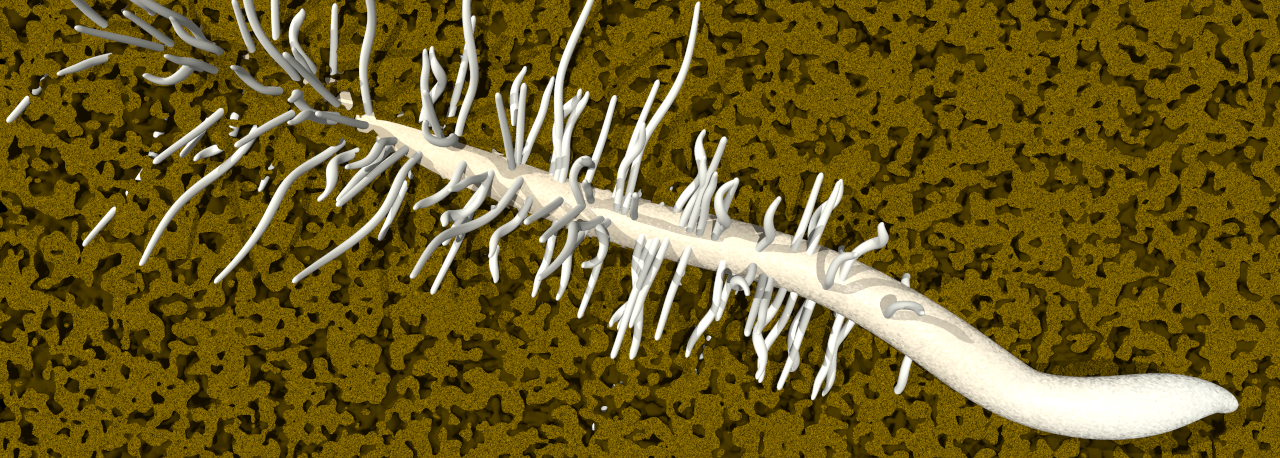
Root hair and the liberation of soil nutrients
It has been known for a long time that root hair are crucial for the uptake of nutrients – they multiply the root’s active surface. According to scientists at the universities Göttingen, Munich and Santa Cruz root hair are also important for the prior liberation of nutrients from soil organic material.
Roots have developed a number of clever strategies for mining mineral nutrients in the soil. One of these strategies is called the „rhizosphere priming effect“: Roots are excreting compounds stimulating bacterial growth. The enzymes produced by these bacteria decompose soil organic material resulting in the liberation of nutrients. This effect is not only important for plant nutrition and growth, but also for the global carbon balance. It is responsible for large amounts of carbon released into the atmosphere. The effect can be measured by growing plants in carbon dioxide exclusively consisting of the common carbon isotope 12C. Root material then will be composed exclusively from 12C. Organic matter in the soil, in contrast, also contains the heavy isotope 13C. Isotope measurements of carbon dioxide released from the soil therefore can tell whether this carbon dioxide was liberated from root or soil material.
To evaluate the impact of root hair on the decomposition of soil organic matter, scientists performed the experiment outlined above with two different barley plant lines: One line was lacking root hair completely while the other line developed normal root hair. As expected, plants with root hair grew faster given the higher amounts of nutrients they could take up. In addition, plants with and without root hair showed a completely different timing of the „rhizosphere priming effect“. Plants with root hair caused a much earlier priming effect. The massive priming effect observed for plants without root hair occured only late in plant development and possibly was connected to root damage. In summary this study demonstrates that root hair are not only important for taking up nutrients. They are also necessary for excreting carbonaceous compounds and stimulating microbial activity.
Source: Soil Biology & Biochemistry